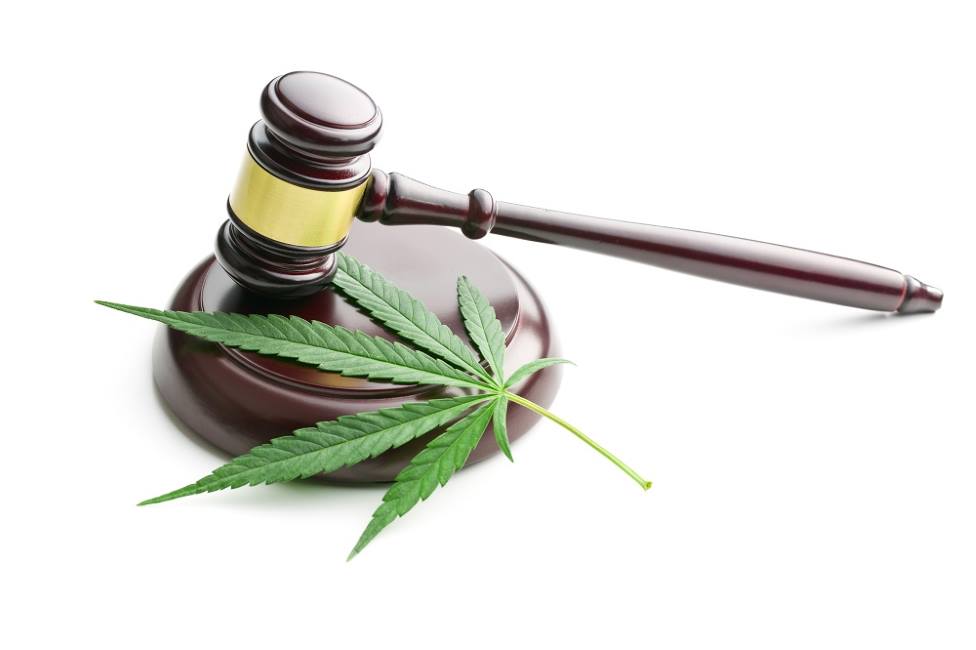What’s the Difference Between Decriminalization and Legalization of Marijuana?
Understanding the difference between decriminalization and legalization is important to those who wish to use marijuana. In some places, you are as legal as legal can be. In others, not so much.
Decriminalization vs Legalization
Here’s a look at these two important issues and the differences between them.
Legalization of Marijuana
Legalization means exactly what it sounds like – the act of growing (a limited quantity), selling, buying and possessing marijuana is legal.
You can’t get arrested for it as long as you are using cannabis within the guidelines of the law. You can’t be prosecuted or face jail time.
However, as with alcohol, firearms or operating a car, you must follow the rules to avoid getting into legal trouble. For example, no state allows consumption of marijuana in public places. Obviously, you cannot drive under the influence of marijuana.
The whole idea of legalization is that the government sets up a regulatory system that allows for legal use within set parameters.
Decriminalization of Marijuana
Not long ago, almost anyone caught possessing even small amounts of marijuana faced serious jail time. That’s because drug laws passed in the 1980s and 1990s made penalties for the crime of possessing marijuana much tougher.
Now, that’s changed in many (but certainly not all) places. Decriminalization means that while marijuana remains illegal in a state, the penalties associated with it are not as severe. In some places, law enforcement has the option to not arrest or even fine someone caught with marijuana, although they may confiscate the cannabis.
In other places, people will face fines rather than jail time.
States With Most Severe Marijuana Laws
Even those who are just cannabis curious can probably name the states where marijuana is legalized – California, Colorado, Oregon, Washington, Alaska and Nevada. Massachusetts is not far behind.
But what about the states with the most severe penalties? It is helpful to know those, too.
They include:
- Wisconsin. Possession of less than one ounce of marijuana can lead to a $1,000 fine and six months in jail.
- Arizona. Even small amounts of marijuana can lead to four months to two years in jail
- Florida. Possession of more than 20 grams is a felony, with up to five years in jail. For 20 grams or less, it could be a misdemeanor with a $1,000 fine and one year in jail.
- Arkansas. Possession of four ounces or less can lead to a $2,500 fine and year in jail
- Indiana. Any amount of marijuana in your possession can lead to 180 days in jail and a $1,000 fine. If it happens a second time, it’s a $5,000 fine and one year in jail.
- Iowa. Possession of any amount can lead to a $1,000 fine and six months in jail
- Kansas. Possession of any amount can lead to a $1,000 fine and six months in jail.
- Oklahoma. Possession of any amount can lead to a $1,000 fine and one year in jail
- Texas. Possession of two ounces or less can lead to 180 days in jail and a $2,000 fine
So, while legalization is spreading, and a majority of Americans favor legalization, these are some places where that’s not necessarily the case. Keep that in mind when you travel and stay within the law.




